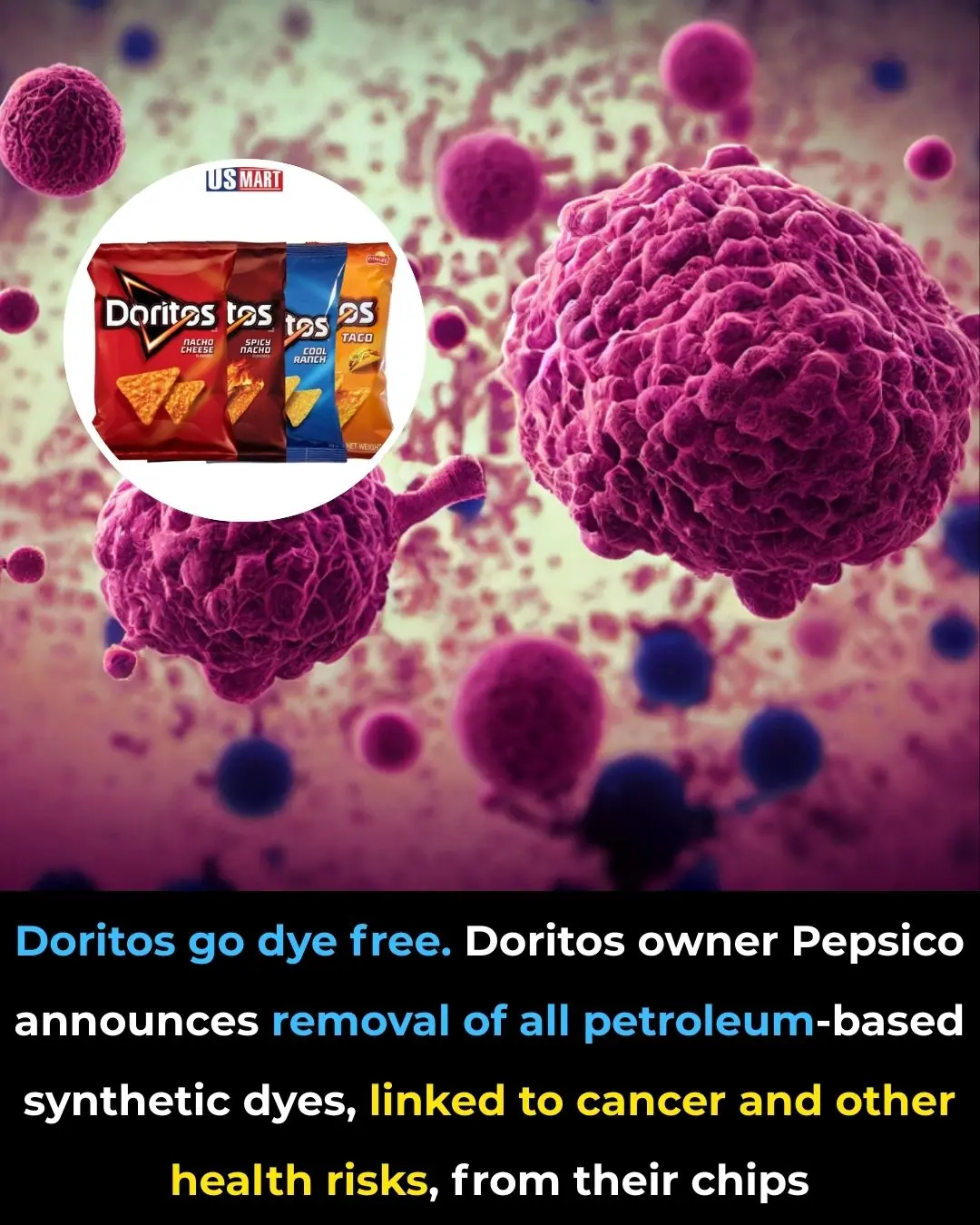
Liquid NanoClay: The Norwegian Innovation Turning Deserts Into Fertile Farmland
Liquid NanoClay: The Norwegian Innovation Turning Deserts Into Fertile Farmland
As climate change accelerates desertification across many regions, scientists and governments are searching urgently for sustainable solutions. One of the most promising breakthroughs comes from Desert Control, a Norwegian agritech company founded by scientist Kristian Morten Olesen. Their revolutionary technology, known as Liquid NanoClay (LNC), has gained global attention for its ability to transform dry, sandy desert land into fertile soil—in as little as seven hours.
This remarkable method not only rejuvenates barren land but also helps farmers cut water use by nearly 50%, making agriculture possible in some of the harshest environments on Earth.
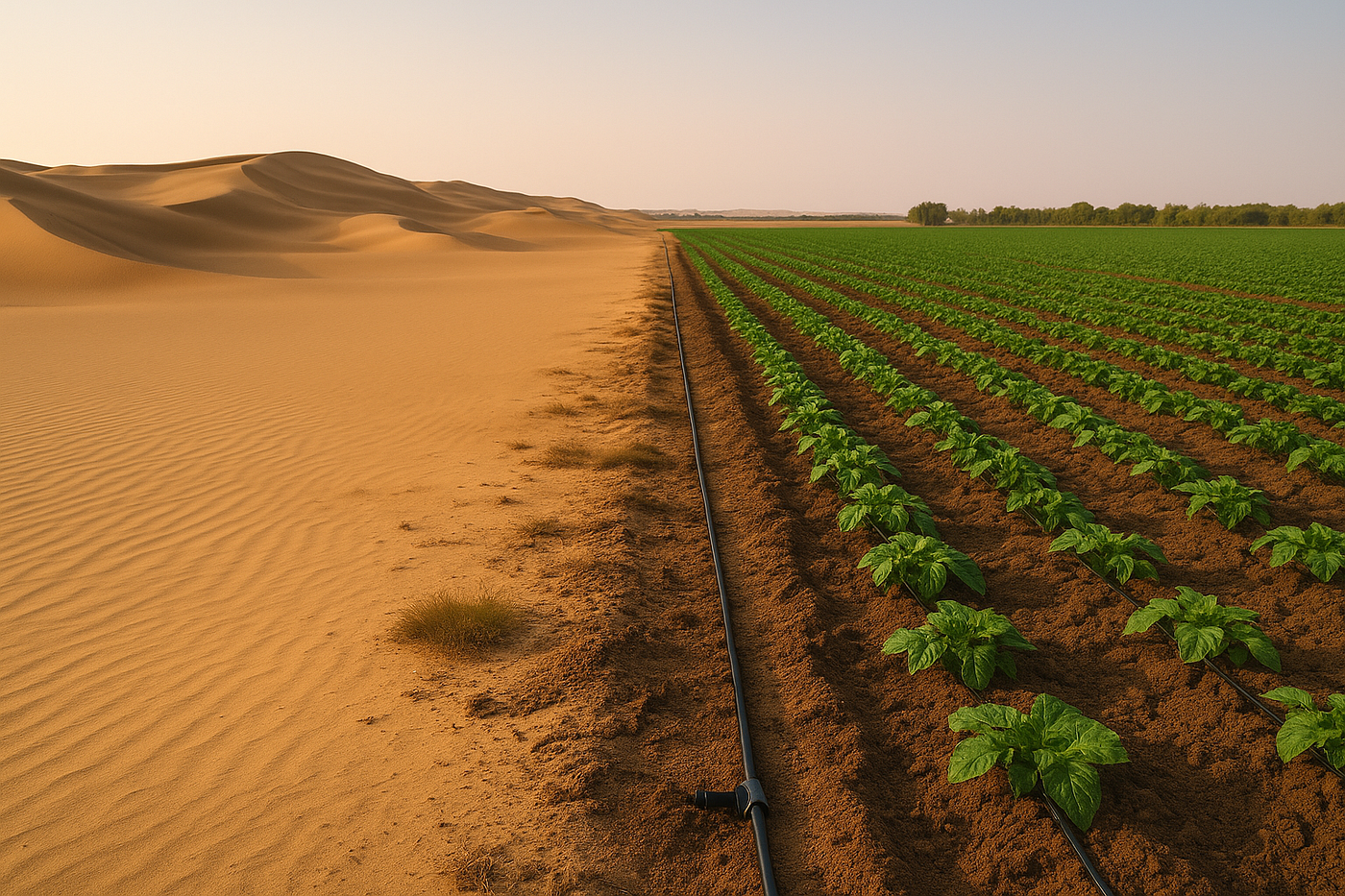
What Is Liquid NanoClay and How Does It Work?
Liquid NanoClay is created by blending very fine clay particles with water to produce a stable liquid mixture. When sprayed onto desert sand, the nano-sized clay particles bind to each grain of sand, forming a new soil structure capable of retaining moisture and nutrients—something that normal desert sand cannot do.
This improved soil behaves much like high-quality agricultural earth:
-
It absorbs and holds water efficiently
-
It prevents rapid evaporation
-
It retains nutrients needed for plant growth
-
It forms a stable environment suitable for roots
As a result, farmland can be established in areas that previously could not support agriculture, offering a lifeline to drought-stricken communities.
Proven Success in Real-World Desert Conditions
Field trials in the United Arab Emirates have demonstrated how powerful this technology can be. According to studies and assessments conducted in collaboration with the International Center for Biosaline Agriculture (ICBA), desert land treated with LNC became suitable for planting within hours—a transformation that normally requires 10 to 15 years using traditional soil-building methods.
Research further confirms:
-
Crop yields increase significantly
-
Water consumption drops by nearly half
-
Soil fertility improves rapidly and consistently
-
Farmers can cultivate a wider range of crops
Coverage from CNN, the United Nations Convention to Combat Desertification (UNCCD), and agricultural research organizations has further validated these results, showing that LNC has measurable, repeatable impact in real-world farming conditions.
A Major Leap Forward for Sustainable Agriculture
Liquid NanoClay represents more than a technological innovation—it offers a meaningful solution to global environmental challenges. With freshwater resources shrinking and arable land becoming increasingly scarce, LNC helps nations:
-
Restore degraded land
-
Increase food security
-
Reduce water stress
-
Support farming communities in arid regions
-
Combat the long-term effects of desertification
By enabling crops to grow in extremely dry soils, this Norwegian invention supports both ecological restoration and economic stability, especially in regions facing severe climate pressures.
A Vision for the Future of Global Farming
Desert Control’s Liquid NanoClay stands as a powerful example of how modern agricultural technology can address some of humanity’s biggest challenges. With its proven ability to regenerate land, conserve water, and boost crop production, LNC offers a transformative pathway toward sustainable farming in some of the world’s most difficult environments.
As more countries explore renewable farming solutions, Liquid NanoClay may well play a central role in ensuring food security and supporting communities vulnerable to climate change.
Verified Sources
Below are reputable sources that have reported on Liquid NanoClay and Desert Control’s work:
-
CNN International – Report on how LNC turns desert sand into fertile soil
-
UNCCD (United Nations Convention to Combat Desertification) – Documented analysis of LNC technology
-
ICBA (International Center for Biosaline Agriculture) – Independent evaluations of crop growth and water reduction
-
Farm Progress – Coverage of LNC’s agricultural applications
-
Science Times – Overview of the technology and its impact
News in the same category

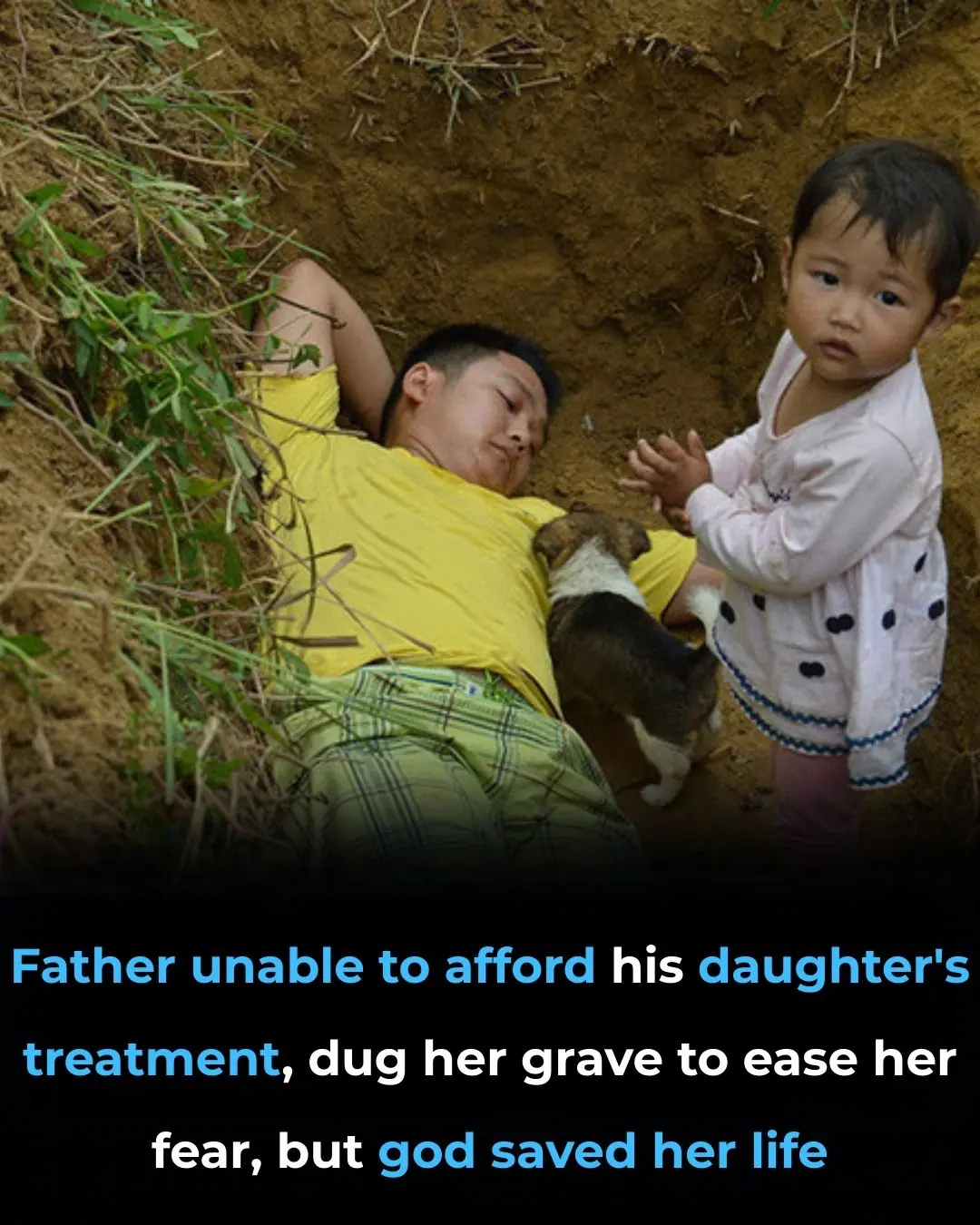
From Tragedy to Hope: How Compassion Saved a Life in Rural China

Why Tanker Trucks Have a Hanging Chain: Safety Function Explained

The Hidden Meaning Behind Tongue Piercings
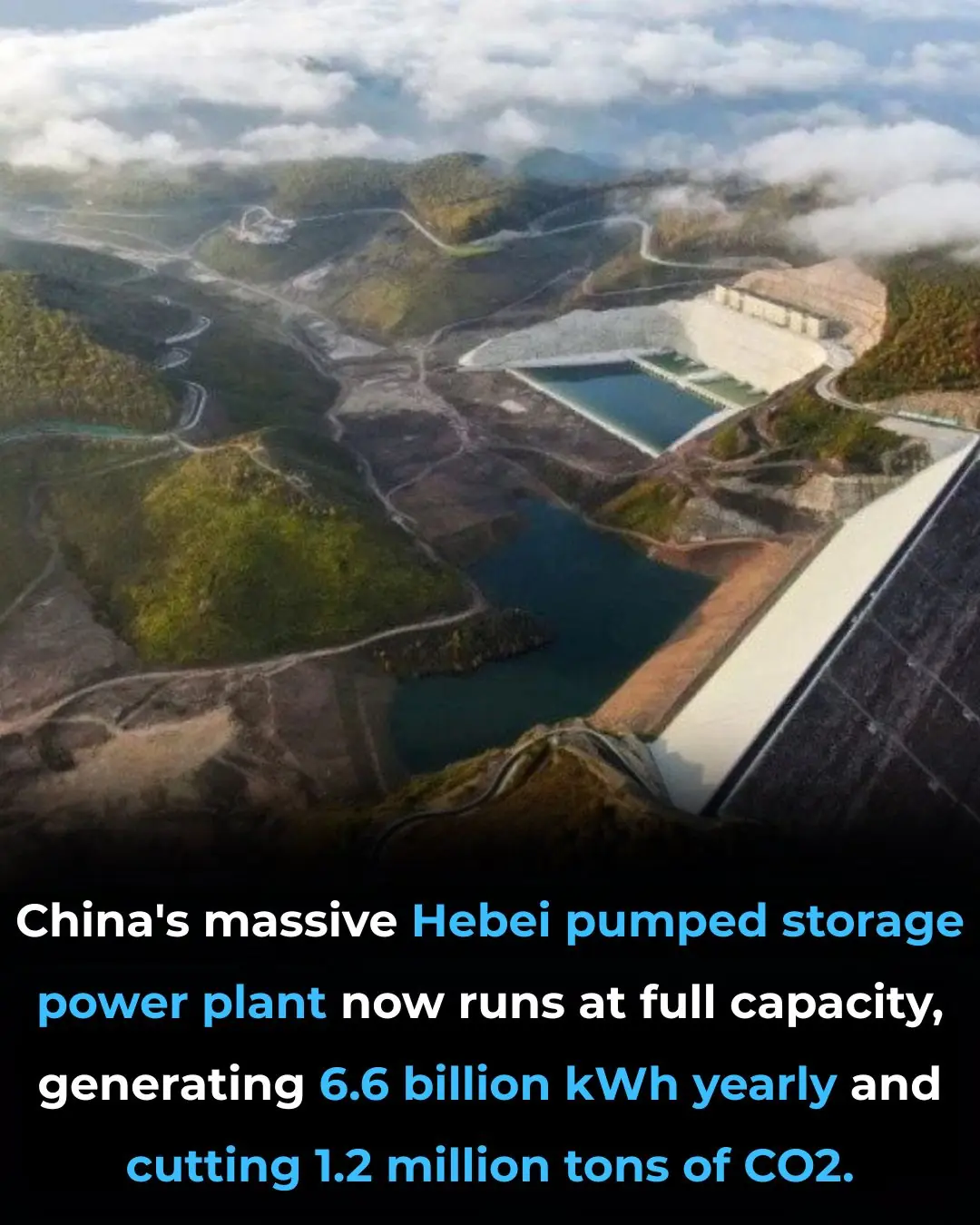
World’s Largest Pumped Storage Power Station Goes Fully Operational in China
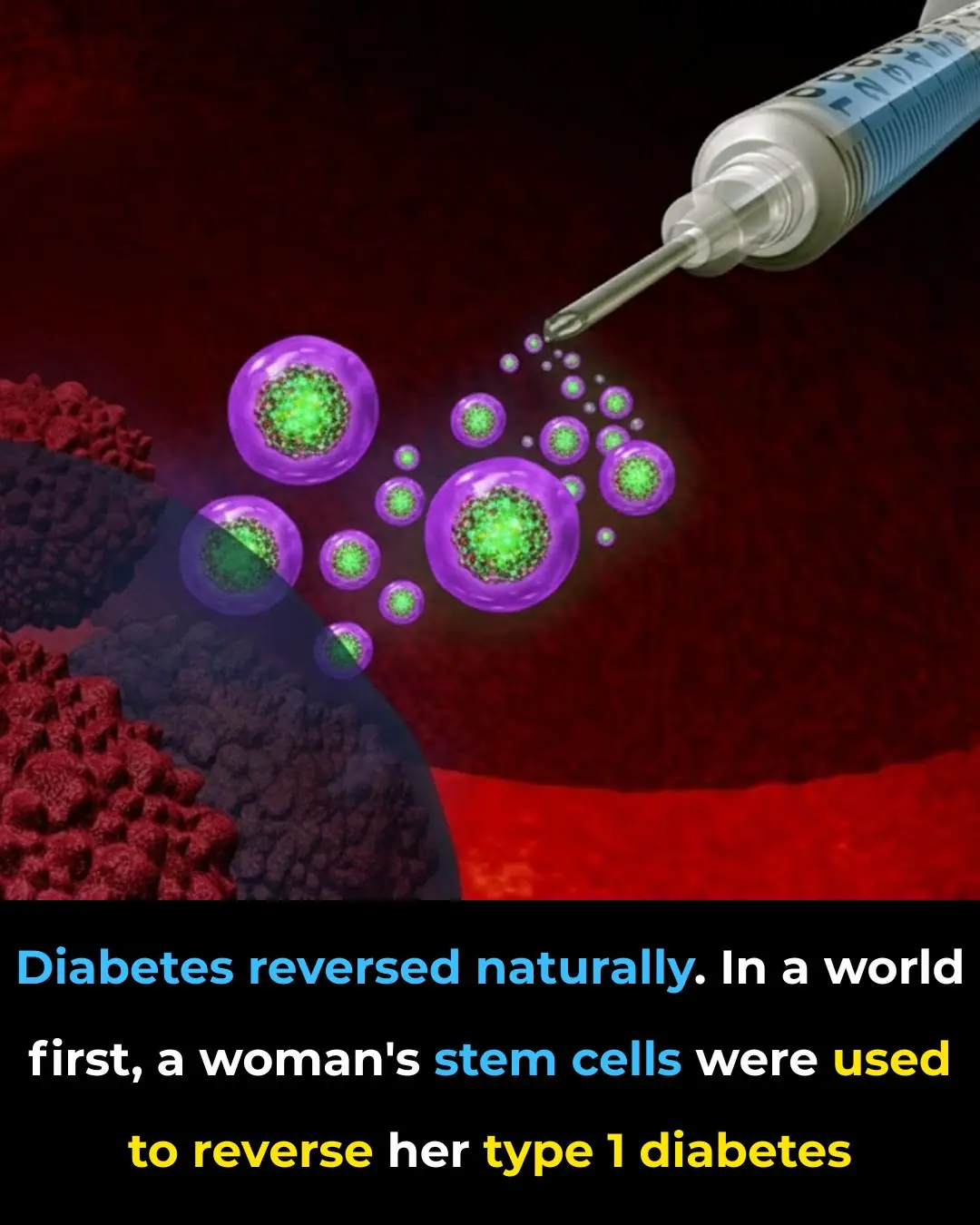
World-First Breakthrough: Stem Cells Reverse Type 1 Diabetes in Landmark Case
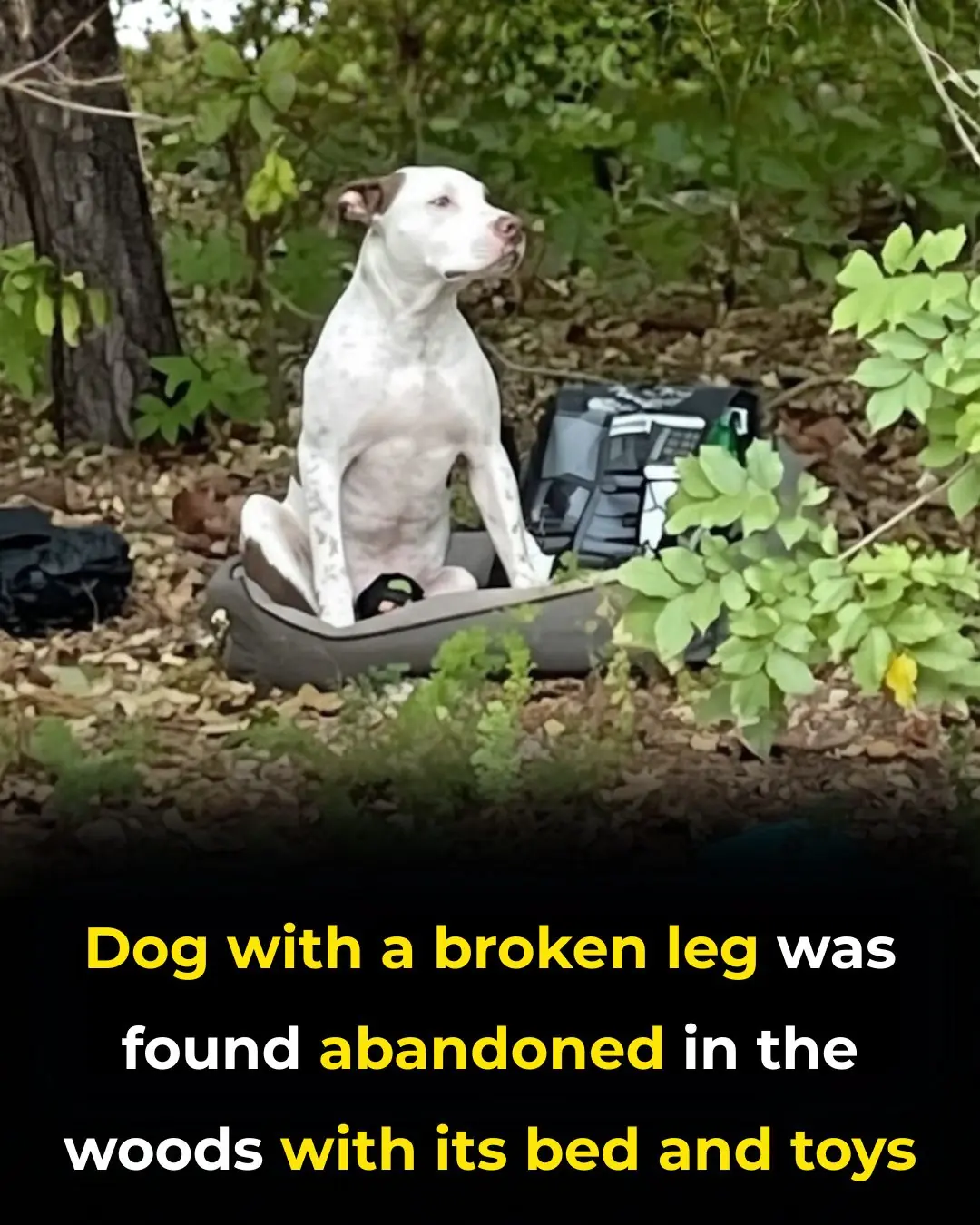
Hank’s Second Chance: From Abandonment to Hope and Healing
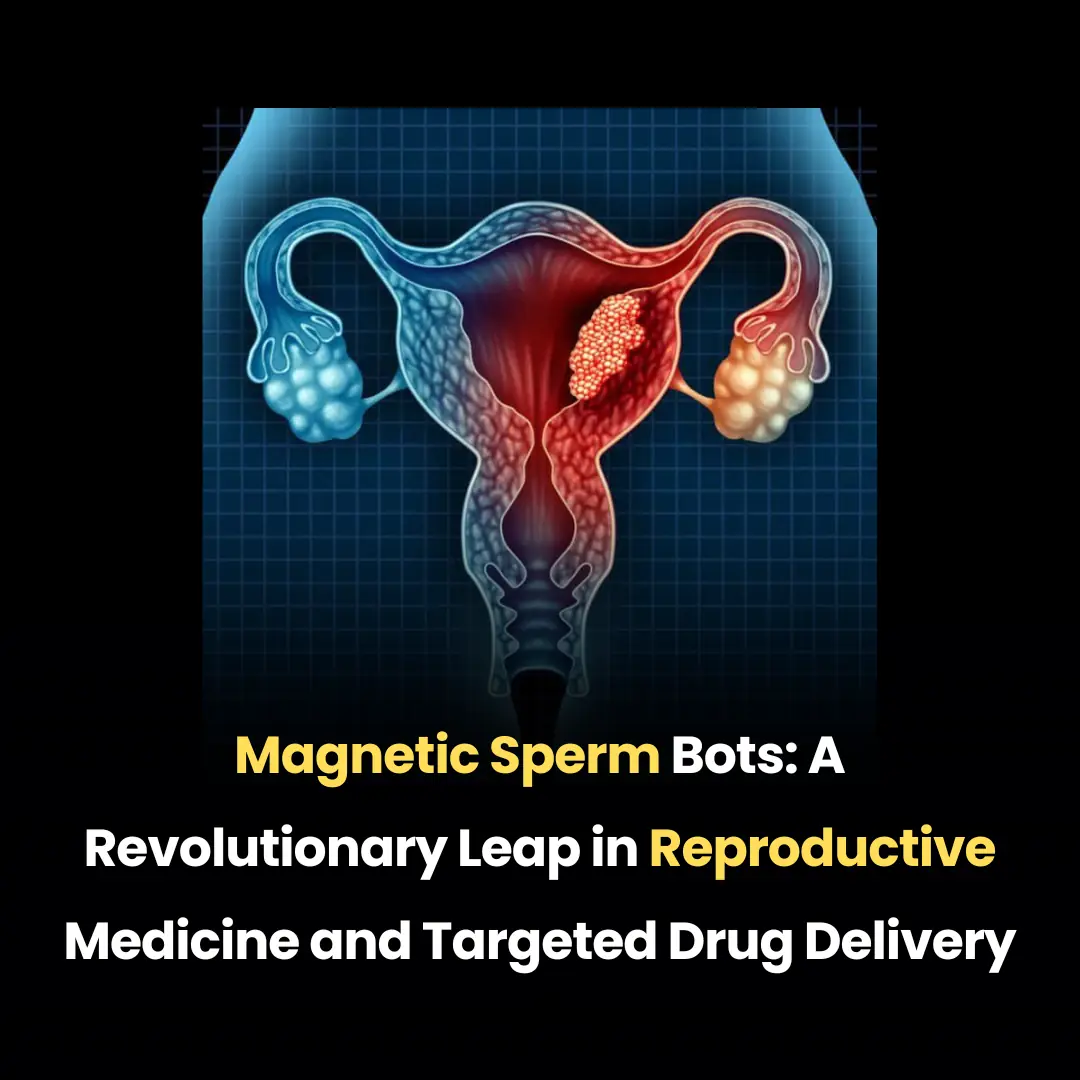
Magnetic Sperm Bots: A Revolutionary Leap in Reproductive Medicine and Targeted Drug Delivery

The Hidden Dangers of Belly Fat: A Warning Sign for Metabolic Health

Breakthrough Discovery of Protective Protein Could Pave the Way for Alzheimer's Prevention
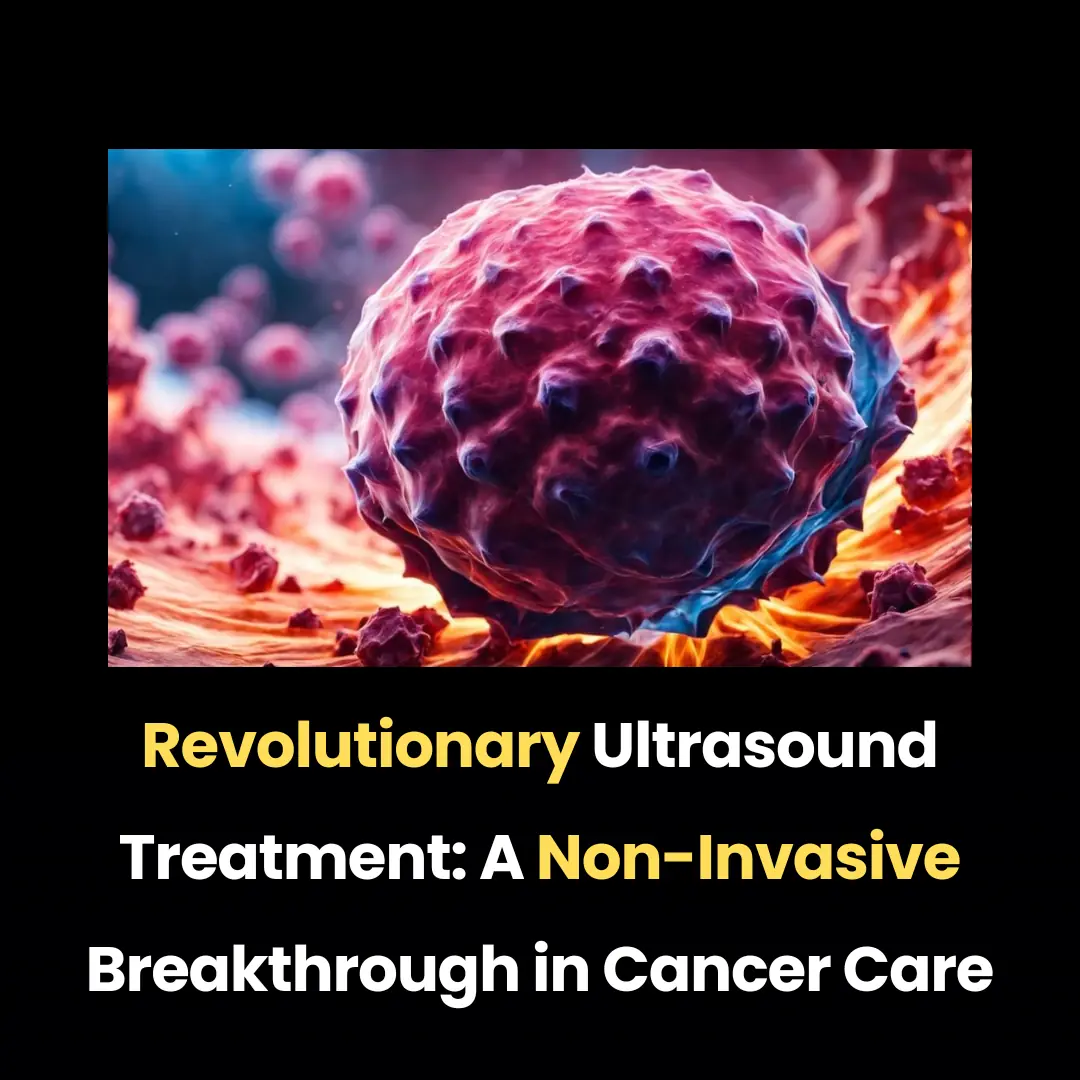
Revolutionary Ultrasound Treatment: A Non-Invasive Breakthrough in Cancer Care

Revolutionary Injectable Gel Promises Non-Surgical Solution for Joint Regeneration

Check out the best tips for using dryer sheets to clean the toilet!

Revealing Hidden HIV: A Major Step Toward Achieving a Functional Cure

The Science of Touch: How Holding Hands Calms the Brain and Eases Pain
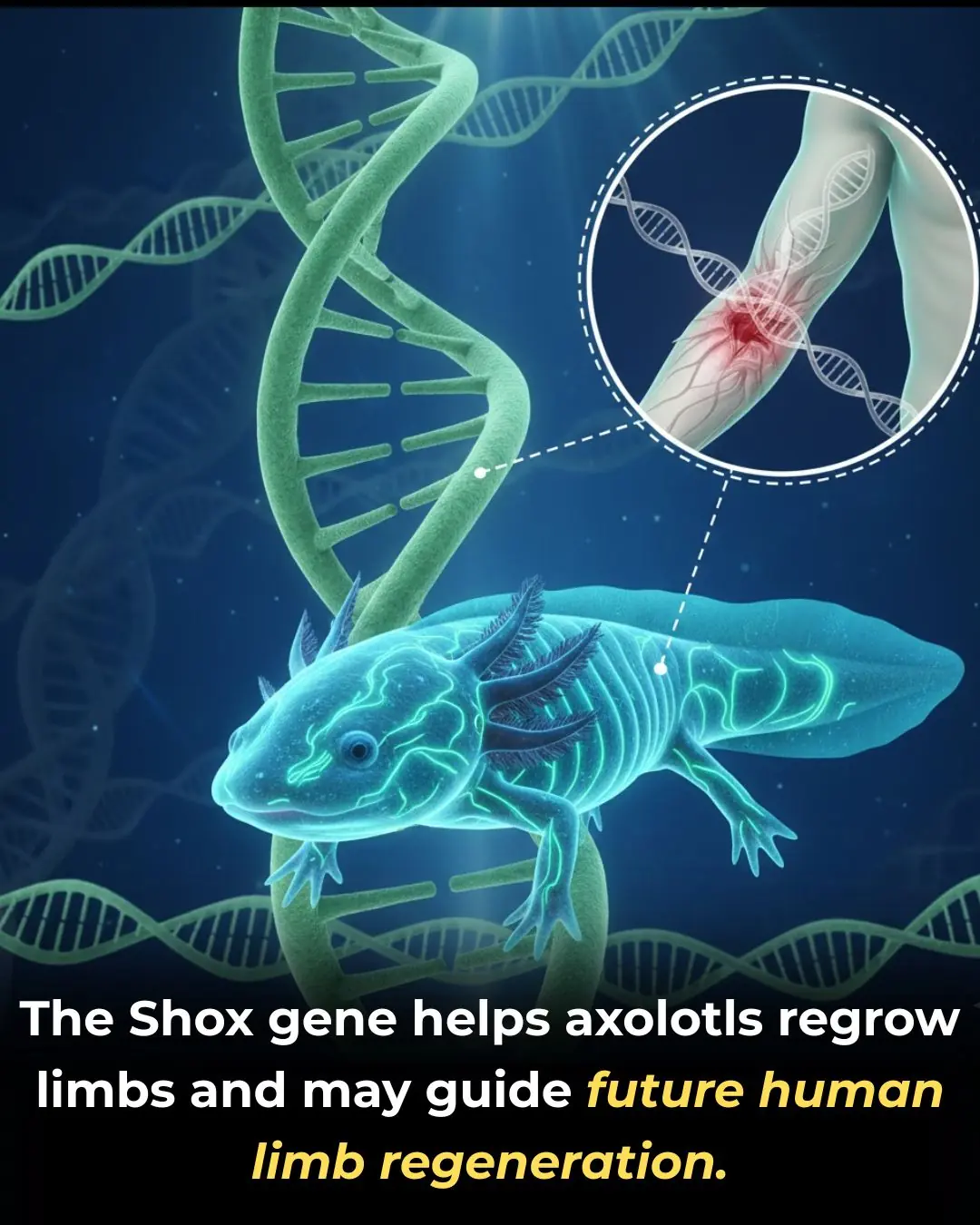
The Molecular Blueprint of Regrowth: How Axolotls Regenerate Entire Limbs
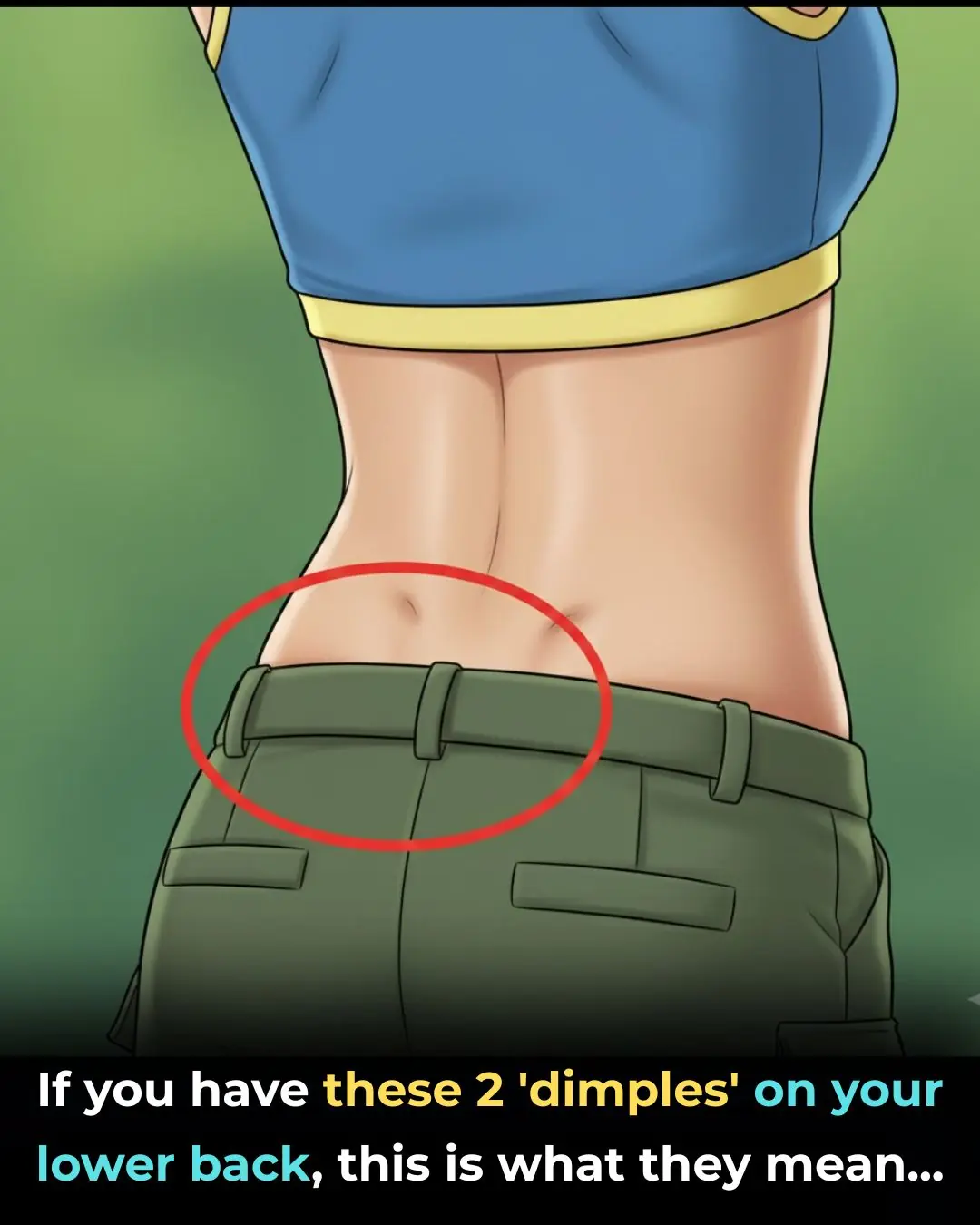
If You Have These Two ‘Dimples’ on Your Lower Back
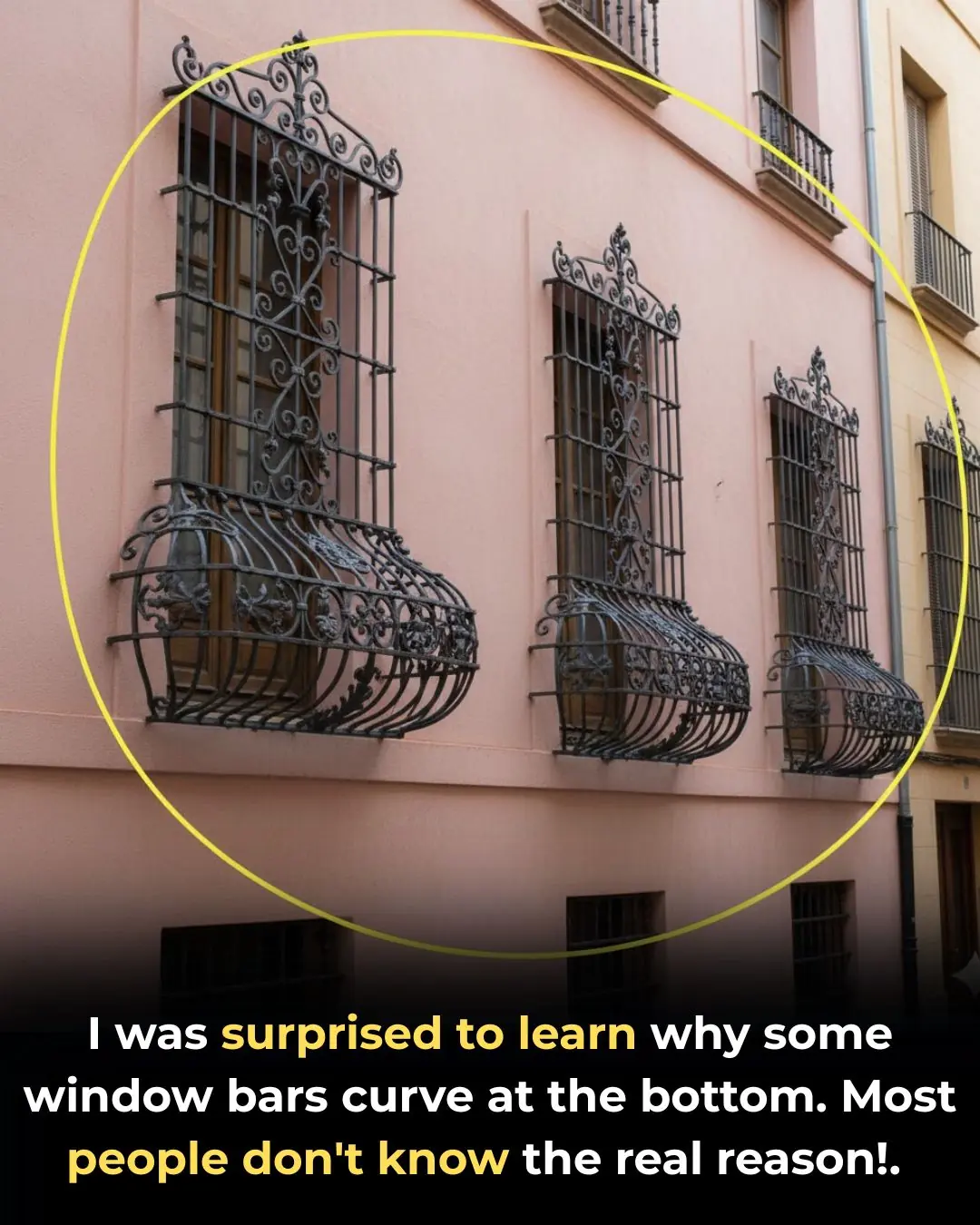
Why are some window bars curved at the bottom

When the Brain Begins to Consume Itself: The Hidden Costs of Chronic Sleep Loss
News Post

PepsiCo Removes Petroleum-Based Dyes from Doritos, Paving the Way for Healthier Snacking

From Tragedy to Hope: How Compassion Saved a Life in Rural China

Meghan Trainor details health scare that inspired her weight loss journey, Mounjaro use

Why Tanker Trucks Have a Hanging Chain: Safety Function Explained

The Easiest Way to Clean a Glass Stove Top

Bill Belichick’s daughter-in-law exploded on Jordon Hudson in unhinged 40-minute postgame rant

🌿 The Quiet Power of Nature: Herbs That Support Balance, Energy, and Well-Being

8 Things Your Eyes Are Trying To Tell You About Your Health

A Toy Traffic Cone Found in a Man’s Lung After 40 Years: The Astonishing Medical Case That Was Mistaken for Lung Cancer

Jean Slater revealed as Zoe’s stalker… but fans aren’t buying it

Unlocking the secrets of clove water: a nighttime health elixir

Celia’s empire starts to crumble in Emmerdale as police raid Depot and Laurel grows suspicious

“Mind the Gap”: How a 20-Year-Old Medical Student Transformed Global Healthcare

I’m A Celebrity star Tom Read Wilson slammed by viewers over ‘annoying’ behaviour in camp

A look around Angry Ginge's former home shows I'm A Celeb star's 'true colours'

ITV Emmerdale's Lewis Barton 'set for new romance' as fans point out huge hint

Josie Gibson stuns as she shows off 5st weight loss in daring dress on cruise

Collagen Combo For Glass Skkin
